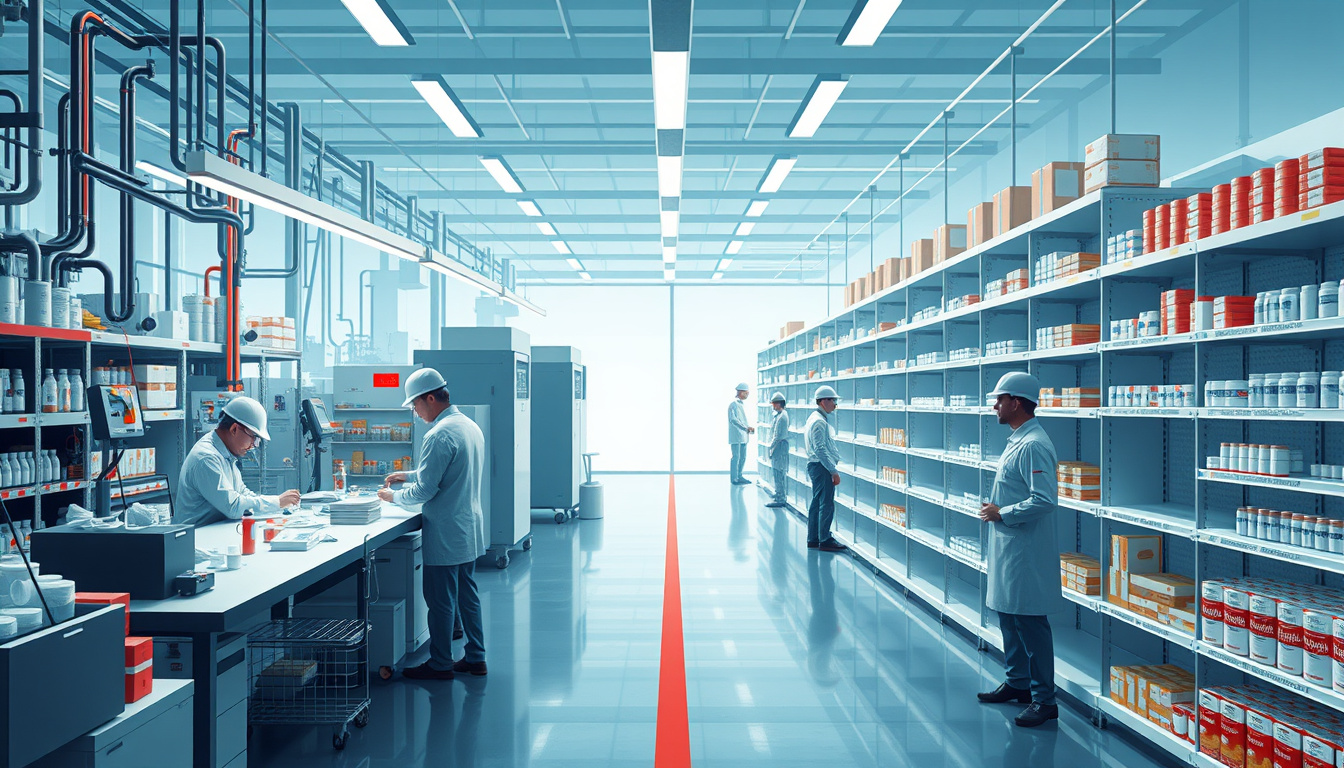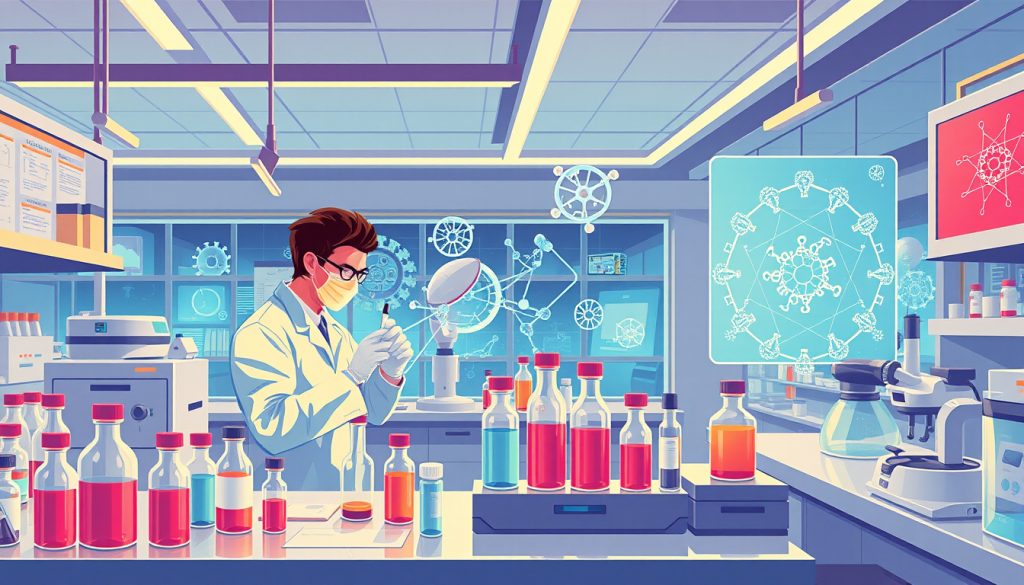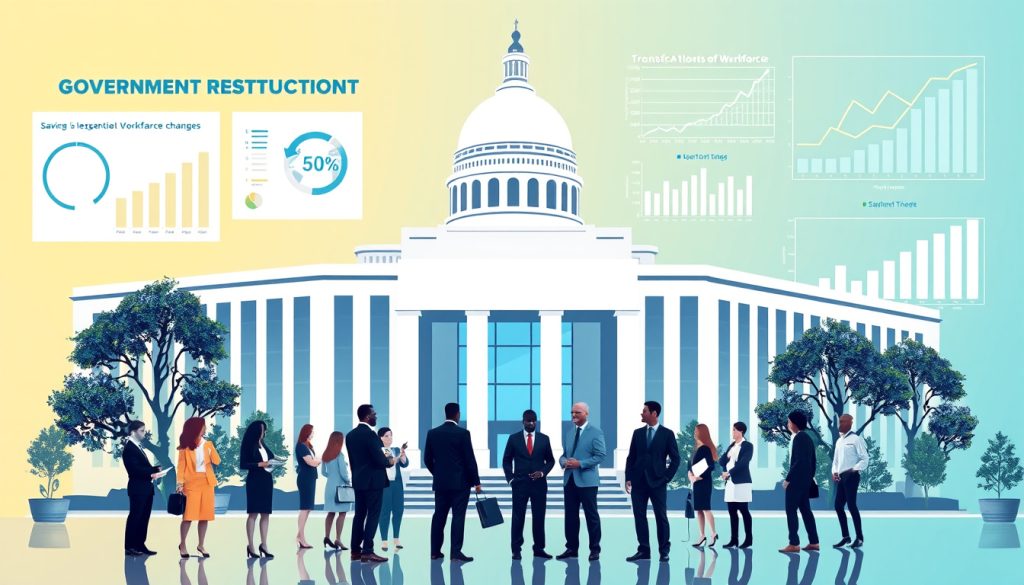In the ever-evolving landscape of the biopharmaceutical industry, policy decisions can have profound impacts on drug manufacturing and market dynamics.
One of the most significant recent developments has been former President Donald Trump’s proposed tariffs on pharmaceuticals, a move that aims to bolster domestic drug production while also raising concerns for generic drug manufacturers.
This article delves into how these tariffs could potentially shift the manufacturing landscape in the U.S., particularly with regard to domestic drugmakers, while simultaneously examining the challenges faced by generic producers who may find themselves struggling to adapt to new economic pressures.
As the industry navigates this complex intersection of policy and market demands, understanding these nuances is crucial for stakeholders in the biopharma sector.

Key Takeaways
- Trump’s tariff strategy is set to enhance domestic pharmaceutical manufacturing.
- Smaller generic drug producers may struggle to adapt to the financial pressures of the tariffs.
- The imbalance created by the tariffs could hinder the overall goal of reshoring drug production.
Impact of Tariffs on Domestic Drug Manufacturing
The impact of tariffs on domestic drug manufacturing presents a complex landscape for the biopharma industry, particularly amidst President Donald Trump’s proposed policies aimed at enhancing U.S.
manufacturing.
These tariffs are designed to incentivize pharmaceutical companies to shift production back to the United States, thereby fostering growth in local manufacturing capabilities and potentially creating jobs.
However, this initiative does not come without challenges.
Generic drug manufacturers, who are often operating on thin margins, may find it increasingly difficult to finance the expansion required to meet enhanced domestic production demands.
Concerns have been raised by advocacy groups and industry analysts who highlight that smaller, less-resourced generic drugmakers could struggle to compete under these new tariffs, as they might lack the necessary capital to invest in infrastructure and capacity building.
This situation underscores a significant tension within the biopharma sector: while the goal is to strengthen domestic production, the financial strain imposed by tariffs could stymie the very progress towards reshoring that is intended by such policies, ultimately affecting the competitive landscape and access to affordable medications for patients.
Challenges Faced by Generic Drug Producers
The challenges faced by generic drug producers in the current biopharma landscape are compounded by the dual pressures of rising production costs and stricter regulatory environments.
As tariffs make imported active pharmaceutical ingredients (APIs) more expensive, generic manufacturers, who typically operate on razor-thin margins, could struggle to absorb these additional costs without raising prices.
This situation threatens the longstanding commitment of generic producers to provide affordable medication solutions.
Moreover, the necessity for compliance with rigorous FDA regulations can further strain their financial and operational resources.
As these companies assess their options for increasing domestic capacity, they must navigate a complex environment of market dynamics while ensuring that they continue to deliver high-quality, low-cost alternatives to brand-name drugs.
The success of these initiatives will significantly influence the overall efficiency and sustainability of the biopharma industry, necessitating innovative strategies from large and small manufacturers alike.















